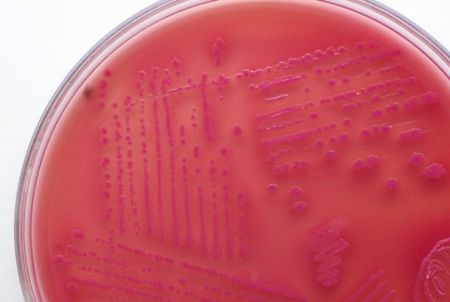
|
|
|
Program > • Session Human healthThe presence of microbial pathogens in aquatic environments (fresh, marine and drinking waters) is of special concern with respect to human health problems and water quality. Indeed, several bacterial strains have been demonstrated to be pathogenic. For instance, Vibrio vulnificus in estuarine and marine waters is responsible for fatal infections following ingestion (typically of wild oysters) or contamination of a wound. Other species, such as Escherichia coli and Salmonella enterica serovar Enteritidis have been shown to be indicators of human pollution through fecal contamination. In response to their environmental conditions, bacteria may be present in a viable but nonculturable state by classical microbiological methods. When bacteria are monitored, it is very important to determine the viability of cells in addition to their abundance, since this is a critical issue in assessing water or food quality and preventing sanitation problems. Although it is well known, that the individual reaction to pathogens and illness can be quite diverse, little attention has been drawn so far to the fact that such heterogeneity will also occur between individual cells of the pathogen and between the individual cells of the same patient. The aim of this session is to invite papers that further a better understanding of the pathogen-host interaction and thus help to improve treatment. Other topics such as biopharmaceutical applications, rapid analysis and diagnosis methods as well as the cell biology of illness will be also addressed.
Chairman : Dr. Roy Bongaerts (Institute of Food Research (IFR), Norwich, UK)
|


